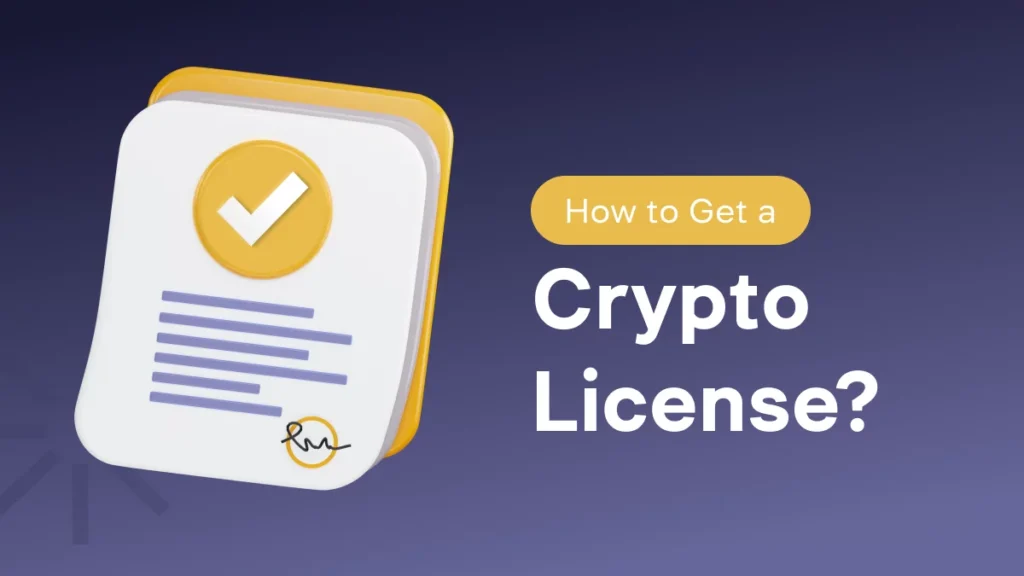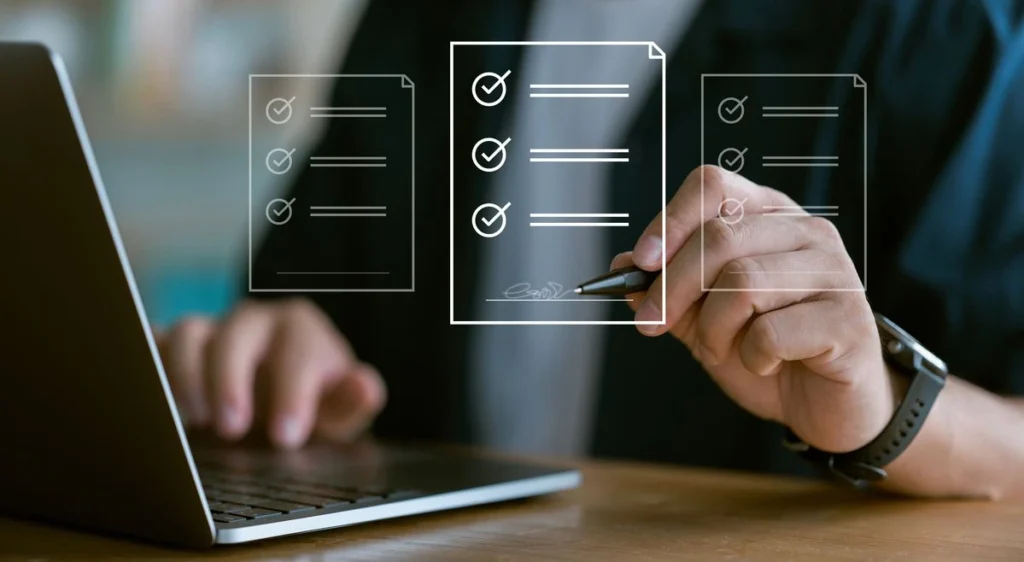How to Apply for a Crypto License in Singapore: A Step-by-Step Guide
Crypto license Singapore—that search term alone sounds clean and official, doesn’t it? Like there’s a tidy little form to fill out and boom, you’re good to go. But if you’ve actually tried to start a crypto business here—or know someone who has—you’ll know that’s far from the truth.
Singapore is one of the most crypto-forward places in Asia, sure. But it’s also one of the strictest when it comes to how it wants things done. You don’t just show up, flash your pitch deck, and walk out with a license. MAS doesn’t care how many users you have or how exciting your roadmap is. What they care about is whether you understand the risks, whether you’re ready to operate like a real financial entity, and whether your idea is more than just a whitepaper with vibes.
Getting a Crypto License in Singapore Feels More Like a Financial Audit Than a Startup Milestone

Credit From: whitebit
Let’s not sugarcoat it. The licensing process is long, heavy, and requires a level of operational maturity most early-stage teams just don’t have. It’s not designed to support “move fast, break things.” It’s more like “move properly, prove everything.”
You don’t just submit a form and wait for a yes. MAS will ask for your AML policy, your KYC flow, your team’s experience in compliance (not just your CTO’s LinkedIn), how you handle custody, what happens when a customer’s wallet gets flagged—you get the idea. It’s intense.
And to be honest, unless you’ve built in regulated industries before, you’re going to feel like you’re constantly behind. And yes, even if your startup just closed a $3M round.
We Thought We Were Ready. MAS Thought Otherwise.

Credit From: 1stformations
Real talk? Our team went in thinking we had everything sorted. We had users. We even had a legal memo from a top-tier firm. But the first round of MAS feedback was basically: “This is a good start. Now show us how you actually run this day to day.”
That was humbling. We had policies, sure—but hadn’t implemented them. We said we were doing transaction monitoring—but had no real system. That’s when we realized: MAS doesn’t care about what’s written in your doc. They care if you’re actually living it.
So we had to pause, rebuild parts of the backend, hire a real compliance lead (not just a friend with a law degree), and only then could we even get back to the conversation.
Even After You Get the License, It Doesn’t Get Easier

Getting approved feels like a relief. But the license isn’t a trophy—it’s a leash. From the moment you go live, you’re expected to file reports, keep logs, detect suspicious activity, and be ready for reviews. And if something slips through the cracks? MAS doesn’t do slap-on-the-wrist warnings. They will suspend you.
That’s not to scare anyone. But seriously, if you’re not prepared to run your company like a regulated financial institution, don’t apply yet. There’s no shame in waiting until you’re ready.
Should You Even Apply for a Crypto License in Singapore?

Honestly? Depends on where you’re at.
If you’re still trying to find product-market fit, or you’re not touching client funds yet—wait. Build. Test. Watch. But if you already have users, you’re processing transactions, and Singapore is your base—then yeah, you’ll eventually need the license. And it’s better to start thinking about it early.
But do it with your eyes open. Not because your investors said you should. Not because some other startup got theirs. Do it because you’re ready to take full responsibility for every part of your product—not just the shiny stuff.
Singapore Is Pro-Crypto, But It’s Not for Tourists

Singapore’s not easy. But that’s kind of the point. If you make it through the process, you don’t just come out with a license. You come out sharper, more disciplined, and honestly—more legit.
So if you’re in it just to farm users and flip tokens, this place probably isn’t for you. But if you’re in it to build something that’ll last? Then yeah. Welcome to the deep end.




